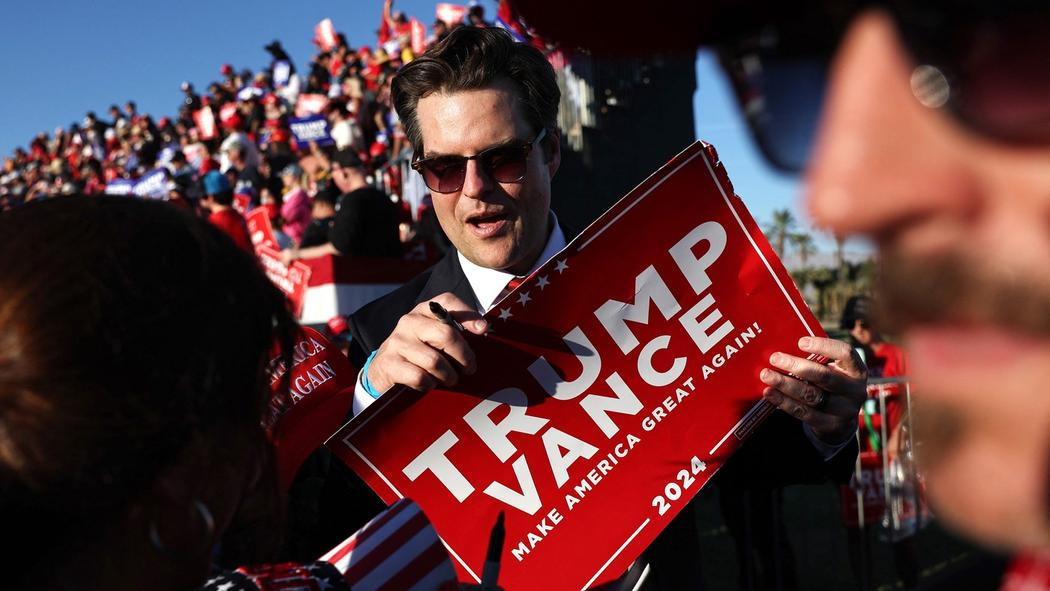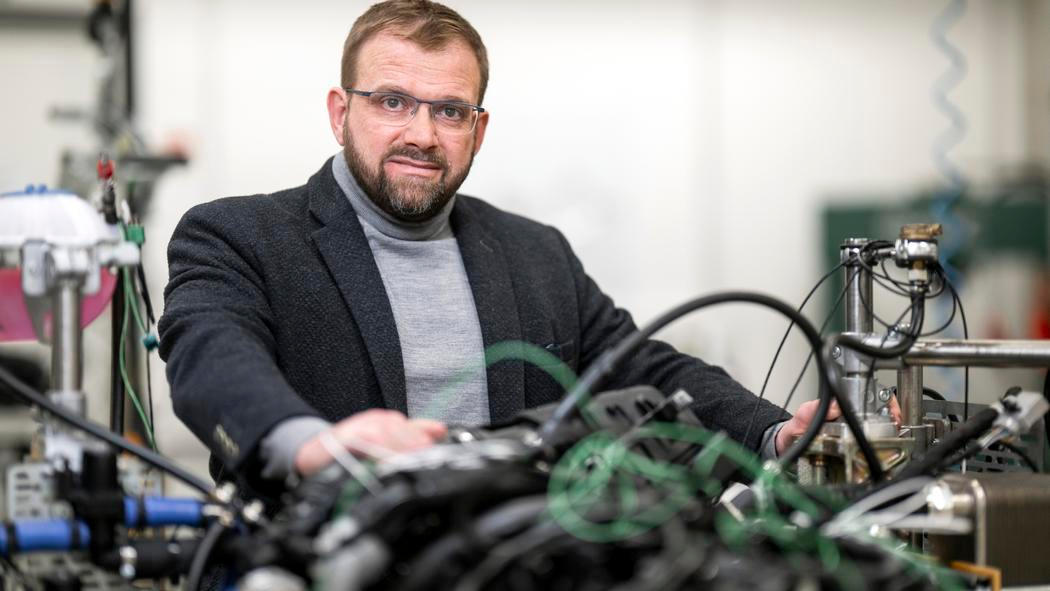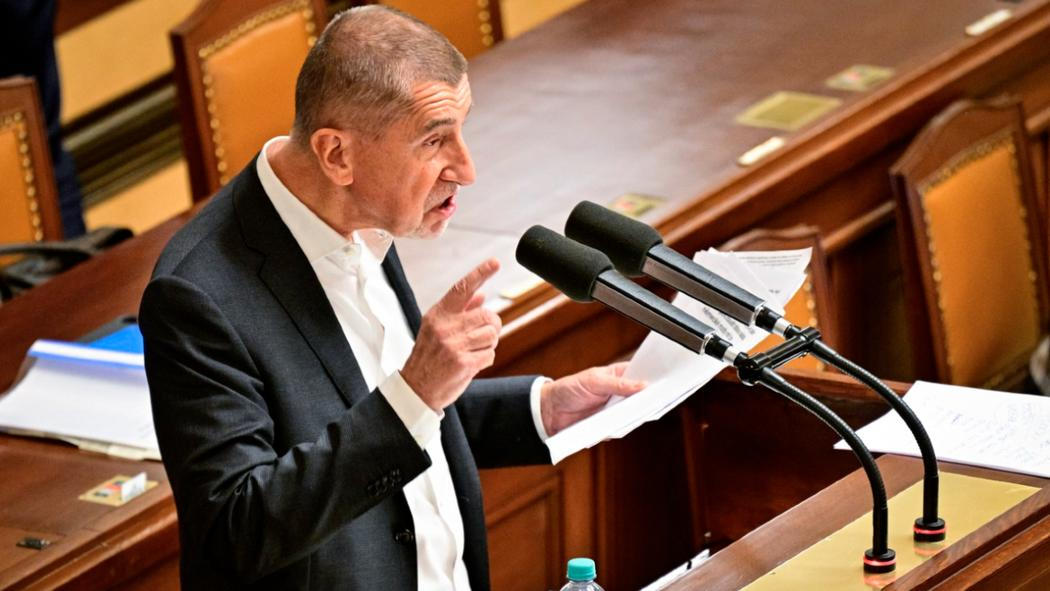Steven Blockmans is Director of Research at Centre for European Policy Studies. In this interview we talk about Ukraine crisis, escalation of relations between Russia and the West and about the role of EU and NATO.
The Russian behaviour stirs historical parallels and reminiscences. What do you think?
Historic parallels are fraught with difficulties. They are never perfect. But it is tempting to use them in the current situation. The UK defence minister had to cut his holiday short after only 1 day and return to London because he had made a comment somewhere on the Sunday news shows that there was a „whiff of Munich in the air“. The parallel he tried to draw was not so much about the appeasement of the allied states vis a vis Hitler in 1938, concerning the Sudetenland, but about the current struggle of NATO and western democracies to come together and deter a dictator bent on war. Putin is keeping the pressure up. He has made a small indication of a possible concession the Russians might consider, linked to the recent comments by the Ukrainian president Zelenski during the visit of chancellor Scholz, that it might be possible for Ukraine to consider a moratorium for its NATO membership application. If this is true, it would probably put Ukraine where Putin wants it to be.
Has the EU gone too far in relations with Ukraine, thus unnecessarily provoking Russia?
In 2014, when Russia annexed Crimea, the argument was being made that the EU was strategically myopic when extending to Ukraine the offer of an association agreement with a deep and comprehensive free trade area, not taking into account Ukraine´s eastern neighbour´s security and economic interests. Even the trade commissioner at the time Karel de Gucht admitted that he had not expected Russia to put so much pressure at such a late stage of the negotiations, which had been ongoing for a couple of years. This reaction by the European Commission shows that they were confused about Russia´s bad intentions. But to say that it was not legitimate for the EU to seek a free trade agreement with a neighbouring country that exercises its right to self-determination is a stretch too far.
That episode and the current crisis show that Putin has a complete disregard for international treaties, for the right to self-determination of any state within the post-soviet space. We have now all read his historical analogy in which he compares himself to the czar Vladimir the First, the one who reunited all Russian speaking peoples. If Putin has this wider historical game plan, then Ukraine will in the future suffer again from further pressure. And a concession, however limited, being made now, will be the new baseline for Putin to further advances and claims. Carried out by further threats and all the arsenal used by a mafia - the „gas-father“.
A lot is being said and written about the irrelevance of the EU in this controversy. It is often difficult for people to grasp the fundamental difference between the EU and NATO in cases like this. People say, ok, the EU does not have the teeth, but then NATO does and most of the European states are members of both organisations…
The Baltic states have a very different historical experience with the Soviet Union than those on the western flank, yet all are members of NATO. There is no coherent European pillar with the same strategic vision within NATO. Plus, membership of NATO is wider and it is above all dominated by one member state, the US, which provides the security umbrella to many members directly facing the Russian border.
The EU has its own self defence clause, the little-known article 42 par 7 of the Lisbon treaty. Like the famous Article 5 of the Atlantic treaty, it was invoked only once – in this case by France over the Paris terrorist attacks in 2015. But finally, France did not require the EU and its budget to be mobilised, which was a missed opportunity.
The baseline is that the EU does not have an army, but then NATO does not have a standing army either. It is the member states who put their armies at the disposal - of UN peacekeeping missions, NATO operations, EU operations, bilateral exercises. NATO has „rediscovered its mojo“ as a result of Russia's pressure and is an obvious venue to speak about the military threat. The EU has been denied a place at the negotiating table by Russia. At the same time the Russians did not want the EU member states to harmonise their positions.
The stubborn refusal to consider the EU as relevant by Russia is fairly short-sighted. If sanctions are agreed and applied, it's going to be the EU and not NATO who will be implementing them…
Exactly. And ultimately providing more economic support to Ukraine - and if and when Putin goes and his regime collapses, also to Russia - the EU will be there too. So, it is a bit unfair to criticise the EU for being irrelevant. But the criticism was partially self-inflicted. At the beginning of the crisis, the EU’s High Representative Josep Borrell complained about not being invited to the high diplomatic table. But if you want to be visible, you need to get a grip. If you want to be relevant, you have to act. He was a bit more relevant when he visited the Donbas contact line. Since then, the US has been coordinating with him and his office, as well as NATO and the OSCE. The EU did what it could, I suppose; whatever the member states and third parties allowed it to do.
The EU member states are struggling to show a united front on Ukraine. Yet there are some differences, the most visible being the position of Hungary.
Yes. When visiting Putin, the Hungarian prime minister Orbán suggested that sanctions are ineffective and useless. The Hungarian foreign minister has been going around and saying the same things. Hungary has been blocking several common positions and statements in the Council, mainly about China, behaving like an „enfant terrible“. At the same time Budapest keeps claiming that it has always consistently supported the sanctions adopted against Russia since the occupation of Crimea and destabilisation in Donbas. Let us see what will happen should the EU come up with sanctions after a Russian attack. To forestall difficulties the Commission has kept close to its chest the package they have coordinated with Washington. They claim they are ready. The member states will get the details at a very late stage to avoid leaks and divisions which will be difficult to repair. Which does not mean that the capitals are not consulted – the Commission has been talking for weeks to the Germans about Nord Stream 2, for instance, and to other big players concerning SWIFT.
The most discussed visit up to date to Moscow was that of French president Macron. Many were offended by his dovish attitude towards Putin. Did he represent the EU or just France?
France has the rotating presidency. But since the Lisbon treaty the EU is at the highest political level represented, in foreign and security matters, formally by the president of the European Council, currently Charles Michel. The rotating presidency does not have a role. We were witnessing here some conflation of responsibilities: French and European. But in practice it was good that Macron spoke not only about France, and that he did so standing in front of the EU flag.
There is another issue, a direct consequence of Brexit, and that is the lack of coordination with the UK. The centre of gravity of Russian interests in Europe lies in London, or ‘Londongrad’ if you want. Several reports – by the House of Commons, by Transparency international – show that the City of London serves as a hub for money laundering and recycling of illicit funding which is to a great extent linked to Kremlin-backed oligarchs. Who have more than 150 land titles, more than 1,5 billion pounds in property assets. We could all gain from a more intense cooperation across the Channel, which is to a large extent absent, due to Brexit. This must be resolved.
In the best scenario, what can the West offer to Putin so that he calls off the troops without losing face? Finlandisation of Ukraine?
This is a topic which has been discussed a lot. Let me remind you of Zelenski hinting at a possible moratorium on Ukraine´s NATO application. There are also hints in the Russian press that this could pave the way towards concessions on the Russian side. Maybe that is indeed the small wedge to open the door and force through a diplomatic solution that allows Mr. Putin the possibility to gracefully climb down from the high ladder he’s on at the moment.
The Russian side will of course never announce that it would invade another country. They will always deny and continue speaking about military exercises. It could be that once the exercises are over, they will really withdraw. It is a possibility. They have done it before. And they might do it again.
The current situation reminds a bit of the errancy of the EU 30 years ago during the Yugoslav war. A lot has changed on paper since then. We are now talking about the “strategic autonomy” and “Geopolitical Commission”. But the teeth are still lacking.
Exactly. I do think that things have changed in the last 30 years. And you are right to remember the Balkan wars, which left 130.000 dead, in the current context, when social media speak about the biggest troop build-up since the end of the cold war with the potential of a grand escalation.
A lot has been achieved, as you say, on paper. The EU diplomatic service has been in operation for 10 years. The EU has dispatched more than 35 peace support operations around the world. But the diplomatic and military arm of the EU has not been developed to the extent that you would expect. And the strategic communication of the Commission claiming to be “geopolitical” is raising expectations which the EU simply cannot meet. This is unhelpful. But in the typical Jean Monnet way, step by step functional integration progress has been made in the pooling and sharing of European diplomatic and military capabilities. Yet it is not sufficient to meet a kind of crisis the EU is facing now. And of course, frustration is there that, at this pace of European integration, it will last another 30 years before the EU is ready to face such challenges.
Let us come back to the current standoff – the Americans are much more alarmed, the Europeans seem to be calmer and do believe more in a diplomatic solution. Is that a tactic?
You mean the good cop and the bad cop? The American press has suggested that the Biden administration is trying to beat Putin at his own game. Deny him the space that he would otherwise occupy. Disclose all available information. Put in everyone’s mind firmly that this would not be Georgia 2008 where Saakashvili fell into the Russian trap. Not some type of false flag operation. But that this is about only one actor’s decisions – Russia threatening to invade Ukraine. I do not know whether there is some division of labour between the US and the Europeans. But the Baltic states and Poland seem to be happy with the rhetoric coming from Washington.
At the same time Zelenski is saying, don’t panic. Why is that? I have read some military analysis in the Kyiv Post over the weekend: It said that a large-scale invasion was highly improbable, but that a spill over from the border of the territories which Russia already occupies on Luhansk and Donbas regions is very well possible – small-scale incursions across the contact line. The scenario according to which Russia would occupy the territory up to the Dnieper river, meaning some 40 percent of the country, would be very costly because of the resistance they would meet.








